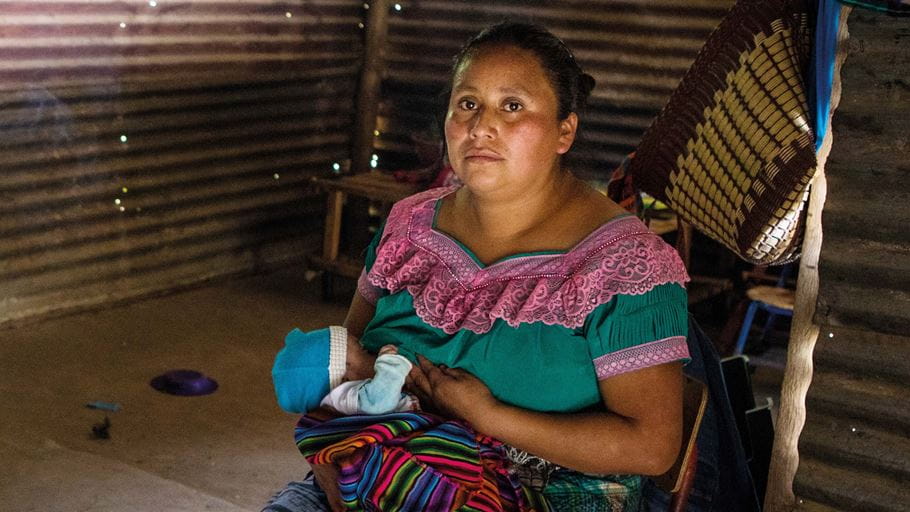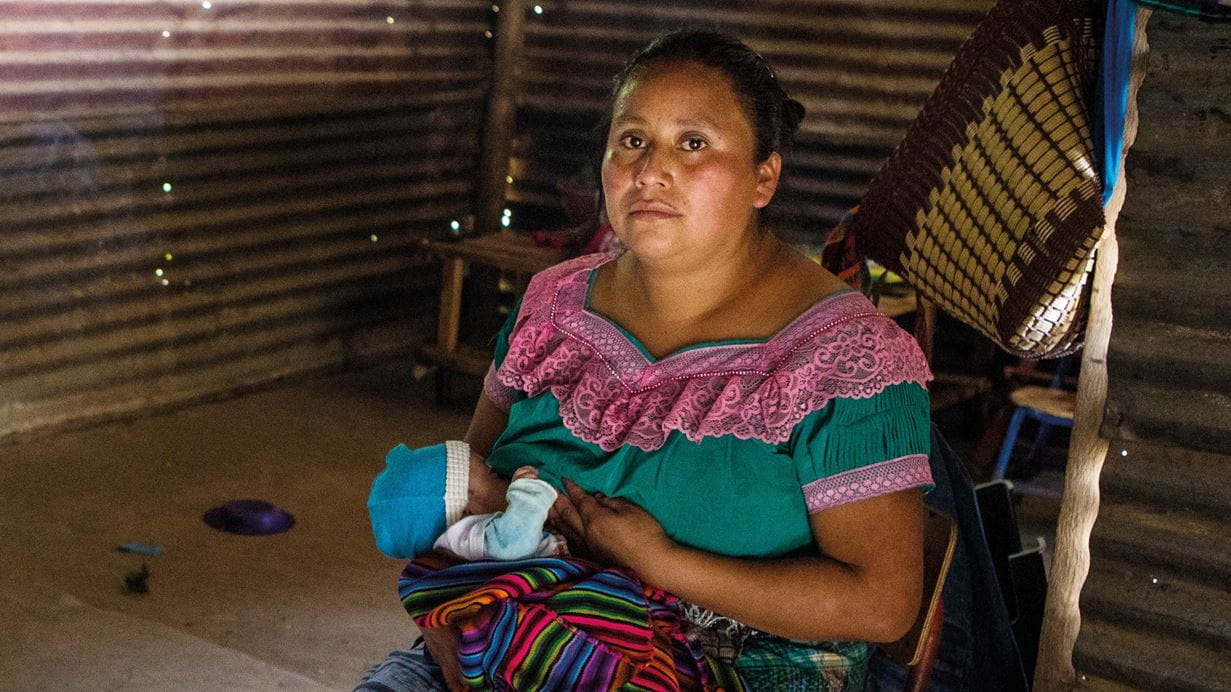Good nutrition during the first few years of a child’s life helps to protect against illness and is crucial for good growth and development.
Communities have an important role to play in supporting the nutrition of mothers and their infants. This includes recognising the need for pregnant mothers to rest, eat a variety of nutritious food and drink plenty of safe water.
Once the baby is born, new mothers need to continue to rest and eat well, and they may need additional help as they learn how to breastfeed their baby. Support groups for new parents can be helpful, as well as peer-to-peer advice and home visits by local midwives or community health volunteers.
In emergency or conflict situations, providing safe, private spaces for mothers to breastfeed can help them continue to feed their babies without worrying about what is happening around them. These can also be spaces where mothers can talk about their worries, helping to protect the health and wellbeing of both themselves and their children.
Breastfeeding
Breastmilk is the best food for babies. It is safe and clean, and it provides all the energy and nutrients that a baby needs for the first few months of life.
Breastmilk helps babies to develop strong immune systems. As a baby comes into contact with different diseases, saliva from the baby causes the mother’s body to produce very specific antibodies in her milk. These antibodies provide protection against disease and help the baby to recover when they become unwell.











